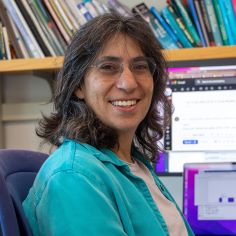
Past Winners
Learn more about the past winners of Nemmers Prizes at Northwestern.

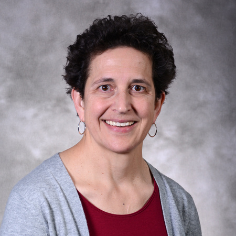
Katherine Freeman, 2020
For her pioneering and continued contributions to development of the field of compound-specific stable isotope geochemistry and its application to fundamental problems in earth science.

Francis Albarède, 2018
For his fundamental applications of geochemistry to earth sciences.
Ariel Pakes, 2022
For his fundamental contributions to the development of the field of empirical industrial organization as it is applied to the study of market power, prices, mergers and productivity.
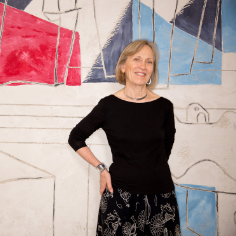
Claudia Goldin, 2020
For her groundbreaking insights into the history of the American economy, the evolution of gender roles and the interplay of technology, human capital and labor markets.
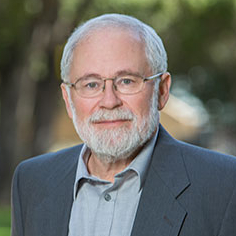
David Kreps, 2018
For his work in game theory, decision theory, and finance profoundly shaped the direction of economic research by providing rigorous foundations and inspirations for new models in applied and theoretical economics.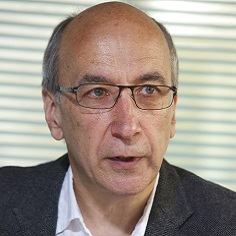
Sir Richard Blundell, 2016
For his important contributions to labor economics, public finance and applied econometrics.

Jean Tirole, 2014
For various contributions to economic theory and its application to finance, industrial organization and behavioral economics.
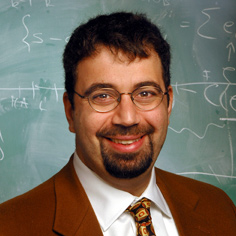
Daron Acemoglu, 2012
For fundamental contributions to the understanding of political institutions, technical change and economic growth.
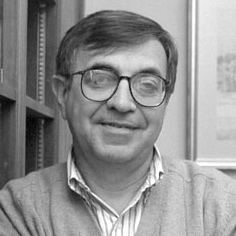
Elhanan Helpman, 2010
For fundamental contributions to the understanding of modern international economics and the effects of political institutions on trade policy and economic growth.
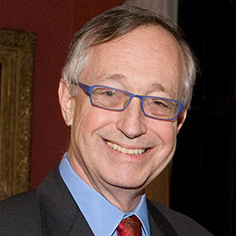
Paul R. Milgrom, 2008
For contributions dramatically expanding the understanding of the role of information and incentives in a variety of settings, including auctions, the theory of the firm, and oligopolistic markets.
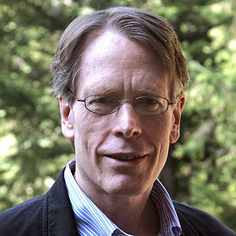
Lars Peter Hansen, 2006
For rigorously relating economic theory to observed macroeconomic and asset market behavior and for innovations in modeling optimal policy under uncertainty.

Ariel Rubinstein, 2004
For a broad series of highly original contributions to game theory in economics, ranging from analyses of bargaining and repeated games to models of bounded rationality.
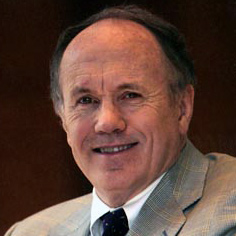
Edward C. Prescott, 2002
For work focused on business cycles and economic fluctuations that has greatly influenced the field of economics, as well as industrial organization, finance, general equilibrium theory, econometrics, and other areas of study.
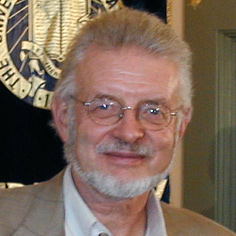
Daniel L. McFadden, 2000
For pioneering contributions in econometrics and founding modern econometric research on the analysis of discrete choice.
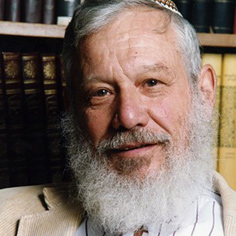
Robert J. Aumann, 1998
For revolutionizing economics and other social sciences by expanding their analysis to issues of strategies, coalitions and information.
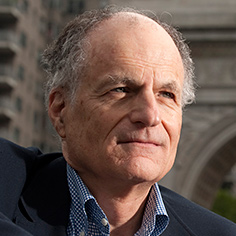
Thomas J. Sargent, 1996
For his work in both empirical and theoretical macroeconomics, and pioneering research analyzing how consumers and firms form expectations about future government policies.

Peter A. Diamond, 1994
For his analysis of the effects of the public debt on the behavior of the economy in the long run, his revolutionary study of sales and property taxes, and his pioneering of a novel way of thought regarding prosperity and recession.
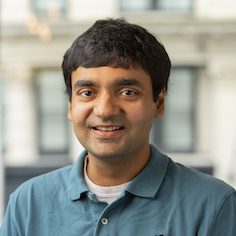
Bhargav Bhatt, 2022
For his revolutionary contributions to algebraic geometry in mixed characteristic through a new synthesis of ideas in topology, algebra and arithmetic.
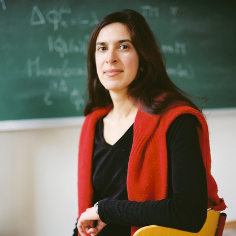
Nalini Anantharaman, 2020
For her profound contributions to microlocal analysis and mathematical physics, in particular to problems of localization and delocalization of eigenfunctions.
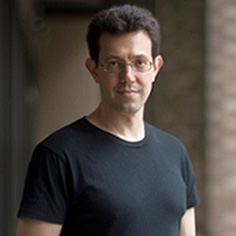
Assaf Naor, 2018
For his profound work on the geometry of metric spaces, which has led to breakthroughs in the theory of algorithms.
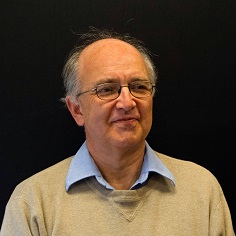
János Kollár, 2016
For his fundamental contributions to algebraic geometry, including the minimal model program and its applications, the theory of rational connectedness and the study of real algebraic varieties.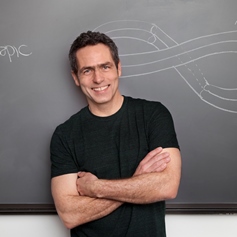
Michael Hopkins, 2014
For his fundamental contributions to algebraic topology, stable homotopy theory and derived algebraic geometry.
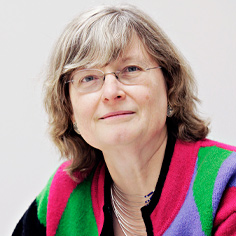
Ingrid Daubechies, 2012
For her numerous and lasting contributions to applied and computational analysis and for the remarkable impact her work has had across engineering and the sciences.
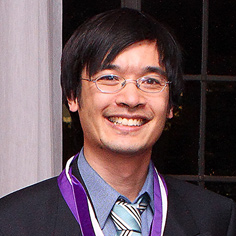
Terence Chi-Shen Tao, 2010
For mathematics of astonishing breadth, depth and originality.

Simon Donaldson, 2008
For groundbreaking work in four-dimensional topology, symplectic geometry and gauge theory, and for his remarkable use of ideas from physics to advance pure mathematics.
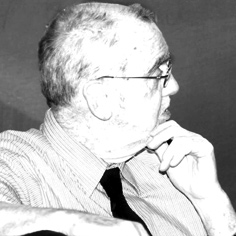
Robert P. Langlands, 2006
For his fundamental vision connecting representation theory, automorphic forms and number theory.
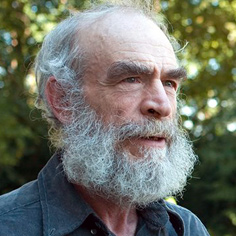
Mikhael L. Gromov, 2004
For his work in Riemannian geometry, which revolutionized the subject; his theory of pseudoholomorphic curves in symplectic manifolds; his solution of the problem of groups of polynomial growth; and his construction of the theory of hyperbolic groups.
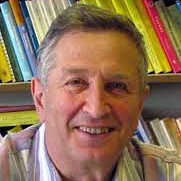
Yakov G. Sinai, 2002
For work revolutionizing the study of dynamical systems and influenced statistical mechanics, probability theory and statistical physics.
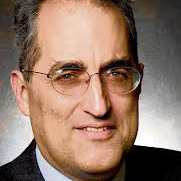
Edward Witten, 2000
For his many contributions to particle physics and string theory.
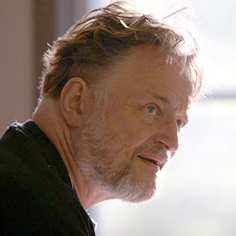
John H. Conway, 1998
For his work in the study of finite groups, knot theory, number theory, game theory, coding theory, tiling, and the creation of new number systems.
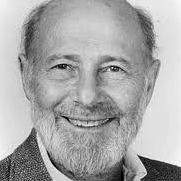
Joseph B. Keller, 1996
For distinguished work in applied mathematics, solving problems of wave propagation, mathematical modeling, and analysis of physical phenomena.
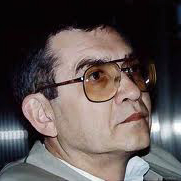
Yuri I. Manin, 1994
For fundamentally contributing to diverse branches of mathematics like algebraic geometry, number theory, and mathematical physics, solving major problems and developing techniques opening new avenues of research.

Jeremy Nathans, 2022
For his landmark discoveries into the molecular mechanisms of visual system development, function and disease.
Stuart Orkin, 2018
For his influential work on blood disorders.
Huda Zoghbi, 2016
For her influential work on neurological disorders.
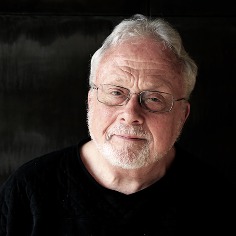
William Bolcom, 2021
For his vital contributions to 20th- and 21st-century American music across a variety of instrumental and vocal settings, masterfully fusing classical and popular influences that are uniquely effective at speaking to the human experience.
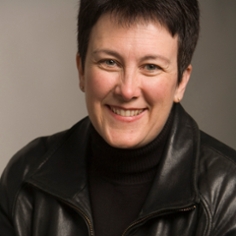
Jennifer Higdon, 2018
For her highly acclaimed and wide-ranging compositions that have led to her status as one of the most prolific and frequently performed living composers.
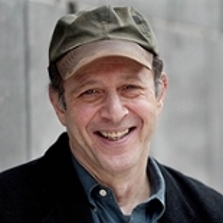
Steve Reich, 2016
For his wide-reaching impact on contemporary musical composition, particularly through his use of human voices and speech to produce material for musical instruments.

Esa-Pekka Salonen, 2014
For his musicianship and insight, both as a composer and conductor.
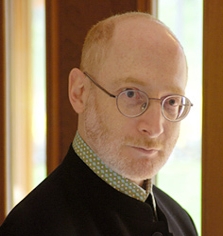
Aaron Jay Kernis, 2012
For critically acclaimed compositions marked by their wide-ranging imagination and visceral emotional power.

John Luther Adams, 2010
For melding the physical and musical worlds into a unique artistic vision that transcends stylistic boundaries.

Kaija Saariaho, 2008
For transforming avant-garde techniques into a world of luminous, shifting color and emotional depth, mirroring the human experience.

Oliver Knussen, 2006
For his uniquely focused, vibrantly varied music and his total embrace--as a profoundly influential composer, conductor and educator--of today's musical culture.
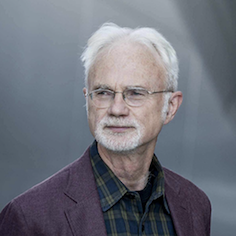
John Adams, 2004
For his fusing of a wide range of styles into a voice entirely new and distinctive, and for his connection to and reflection of the world around us.